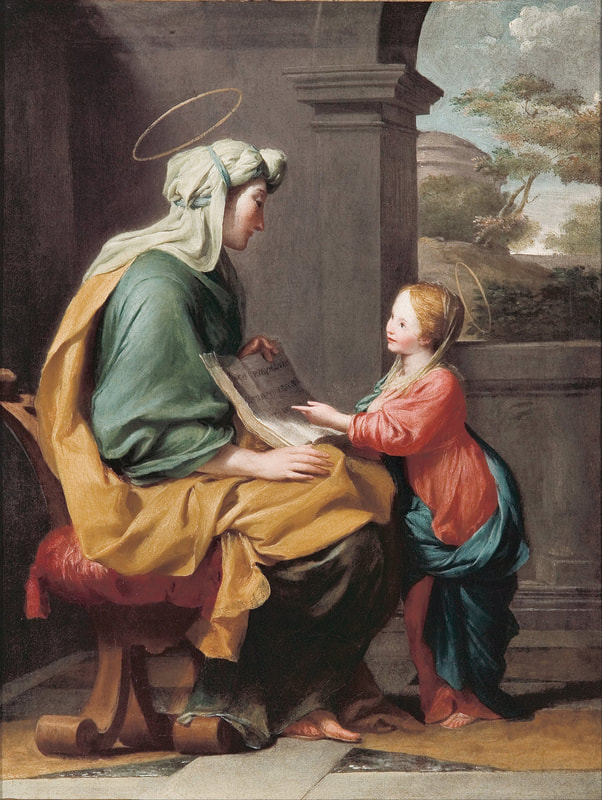|
On the second day of the dialogue, Fonte explicitly argues that women should receive an education. She writes,
Fonte claims two things here: first, that receiving an education leads to a virtuous life and second, that in withholding education from women, men commit both an ethical and epistemic injustice. With the former claim, Fonte works to rebut the belief held by men that says an educated woman becomes immoral. She argues that, in reality, without an education, “an ignorant person is far more liable to fall into err.” Fonte defends this argument by depicting the common undesirable and uneducated women. These women, such as the “illiterate maid servants,” the “peasant girls and plebeian women,” fold to their sexual desires and easily “give in to their lovers.” Without the opportunity to exercise their minds through reading and writing, these women become “gullible” to the persuasions of men and cannot defend themselves. According to Fonte, uneducated women lack the ability to reason and as a result, must depend on the word and direction of men. Of course, even educated women are subject to the “pricking of the senses,” but their intellect allows them to combat physical temptation. For Fonte, education is just “the pursuit of virtue.” Without schooling, then, women do not have the resources to become virtuous and as a result, they inevitably give into sexual relations.
Fonte’s argument highlights the way in which men have been counterproductive and ineffective in trying to make women more virtuous. Instead of providing them with the necessary tools to defend themselves against lustful desires, men leave them weak and vulnerable. Notice that Fonte does not argue against the belief that women are naturally perverse or driven by their bodily appetites. Instead, she uses this idea as a reason in favor of giving women an education. In this way, Fonte appeals to the beliefs of men. Still, she reveals how, in the name of keeping women from their natural vices, men have inhibited women from achieving a moral life. Fonte presents the characters in her dialogue as exemplary of the benefits of educating women. It is because these women “have read [their] cautionary tales and learnt [their] moral lessons” that they “developed a love for virtue.” Readers of the dialogue, then, can look to Fonte’s characters as proof that education and virtue go hand in hand. In this passage, Fonte argues that a woman can only fight her sexual inclinations through education and that men have wrongfully repressed women who wish to pursue virtue. --MP Image info: The Education of the Virgin Mary, illustrated by Giovanni Francesco Romanelli, Italian, published in Rome in 1630. Text source: The Worth of Women: Wherein Is Clearly Revealed Their Nobility and Superiority to Men. Edited and Translated by Virginia Cox, The University of Chicago Press, 1997.
0 Comments
Leave a Reply. |
Authors
Jacinta Shrimpton is a PhD student in Philosophy at the University of Sydney. She is co-producer of the ENN New Voices podcast Archives
May 2024
Categories
All
|

 RSS Feed
RSS Feed